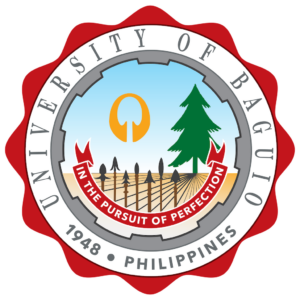Program Educational Objectives
At the end of the 4-year program, the Bachelor of Elementary Education (BEEd) graduates are expected to:
- Practice leadership in the teaching profession by personifying the highest professional and ethical standards expected of an elementary teacher.
- Pursue lifelong learning by continuously improving not only in the area of specialization but also in other related fields.
- Actively participate in professional teacher organizations and community-based programs.
Program Outcomes
A Bachelor of Elementary Education graduate should be able to
- articulate and discuss the latest developments in the specific field of practice.
- 2ffectively communicate orally and in writing using both English and Filipino.
- work effectively and independently in multi-disciplinary and multi-cultural
teams. - act in recognition of professional, social, and ethical responsibility.
- preserve and promote “Filipino historical and cultural heritage”.
- articulate the rootedness of education in philosophical, socio-cultural,
historical, psychological, and political contexts. - demonstrate mastery of subject matter/discipline.
- facilitate learning using a wide range of teaching methodologies and delivery
modes appropriate to specific learners and their environments. - develop innovative curricula, instructional plans, teaching approaches, and
resources of diverse learners. - apply skills in the development of utilization of ICT to promote quality,
relevant, and sustainable educational practices - demonstrate a variety of thinking skills in planning, monitoring, assessing, and
reporting learning processes and outcomes. - practice professional and ethical teaching standards sensitive to the local,
national, and global realities. - pursue lifelong learning for personal and professional growth through varied
experiential and field-based opportunities. - demonstrate in-depth understanding of the diversity of learners in various
learning areas. - manifest meaningful and comprehensive pedagogical content knowledge
(PCK) of the different subject areas. - utilize appropriate assessment and evaluation tools to measure learning
outcomes. - manifest skills in communication, higher order thinking and use of tools and
technology to accelerate learning and teaching. - demonstrate positive attributes of a model teacher, both as an individual and
as a professional. - manifest a desire to continuously pursue personal and professional
development. - contribute to the generation of new knowledge by participating in various
research and development projects.



